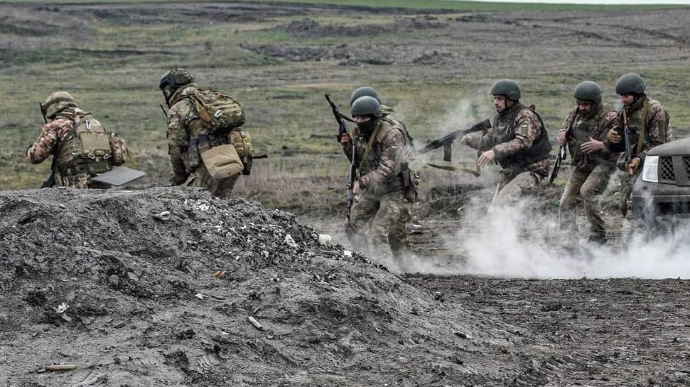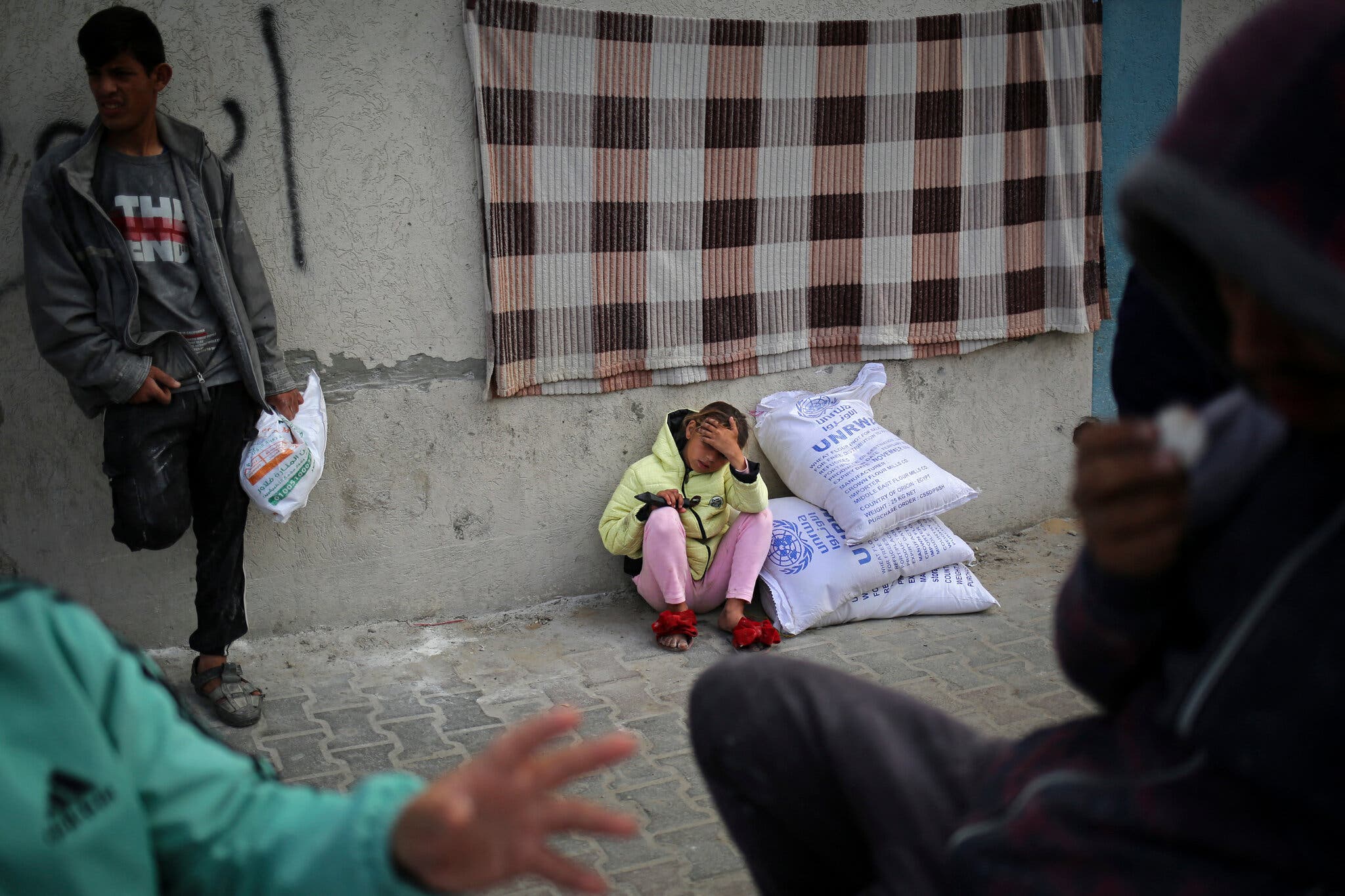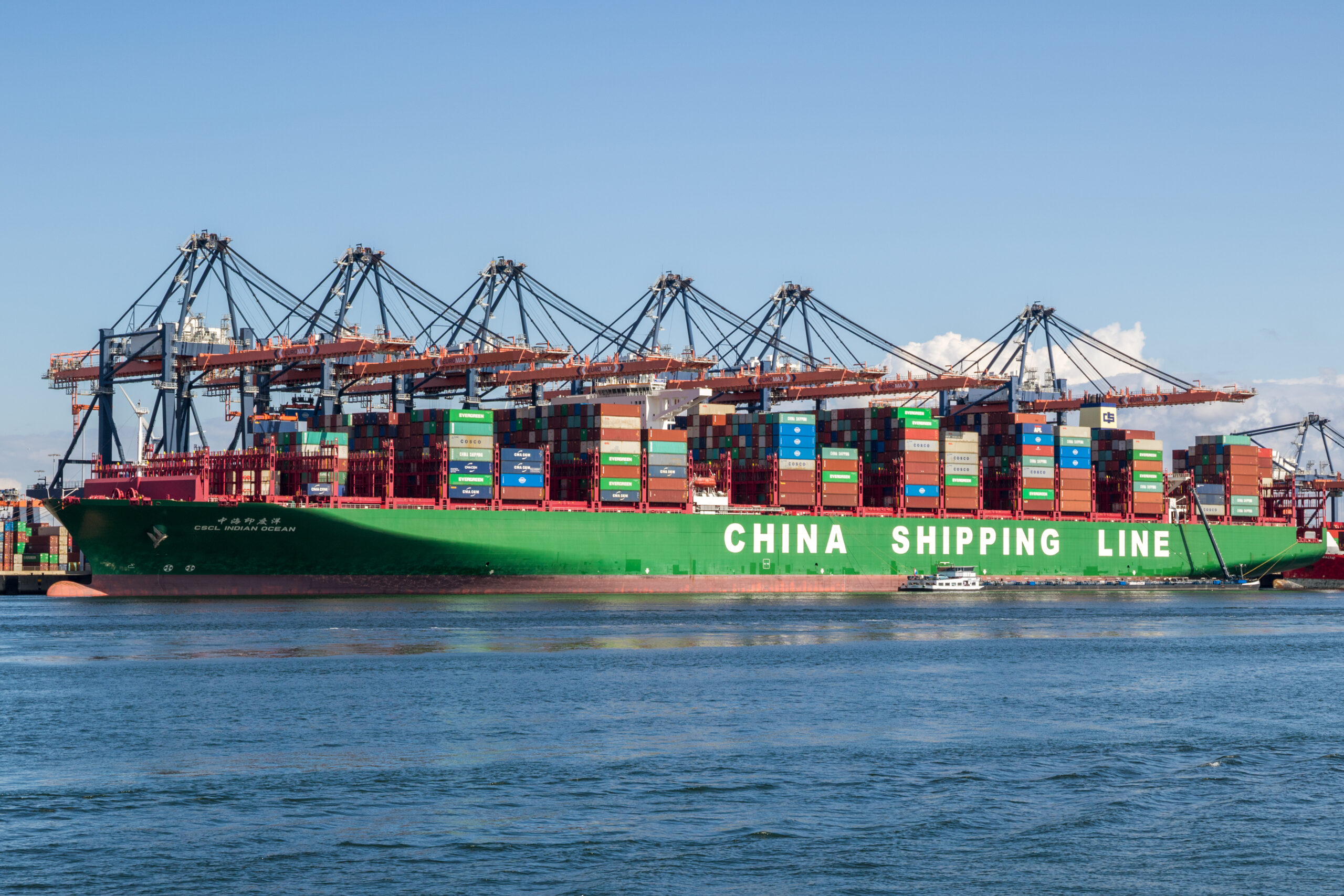Europe's Security Concerns Amidst Recent Russian Military Actions

Table of Contents
The Escalation of Russian Military Actions and their Geopolitical Implications
The build-up of Russian military forces near European borders represents a significant escalation, raising serious concerns about potential aggression. This heightened military presence, coupled with ongoing cyber warfare and disinformation campaigns, poses a multifaceted threat to European security.
Increased Military Presence near European Borders
Russia's increased military presence near several European countries is a cause for significant alarm. We've seen a substantial build-up of troops and military equipment in areas bordering NATO member states.
- Specific Locations: Reports indicate significant troop deployments near the borders of Ukraine, Poland, and the Baltic states (Estonia, Latvia, Lithuania).
- Military Equipment: The equipment includes advanced weaponry, tanks, artillery, and air defense systems, indicating a readiness for offensive operations.
- Russian Official Statements: While Russia often denies aggressive intentions, their rhetoric frequently fuels regional instability.
Cyber Warfare and Information Operations
Russia's sophisticated cyber warfare capabilities and disinformation campaigns are destabilizing European nations. These actions undermine democratic processes, erode public trust, and create an environment of uncertainty.
- Examples of Cyberattacks: Recent years have witnessed numerous cyberattacks targeting critical infrastructure in European countries, disrupting essential services and causing economic damage.
- Impact on Critical Infrastructure: These attacks target power grids, financial institutions, and government agencies, potentially causing widespread disruption and chaos.
- Disinformation Campaigns: The spread of disinformation through social media and state-controlled media outlets aims to manipulate public opinion, sow discord, and undermine trust in democratic institutions.
The Annexation of Crimea and the War in Ukraine
The illegal annexation of Crimea in 2014 and the ongoing war in Ukraine serve as stark reminders of Russia's willingness to use military force to achieve its geopolitical objectives. These events have profoundly impacted European security and the broader international order.
- Key Events: The annexation of Crimea, the conflict in eastern Ukraine, and the ongoing tensions highlight a pattern of Russian aggression.
- International Responses: International sanctions have been imposed, but their effectiveness in deterring further aggression remains a subject of debate.
- Ongoing Humanitarian Crisis: The conflict in Ukraine has resulted in a significant humanitarian crisis, with widespread displacement and suffering.
NATO's Response to the Growing Threat
NATO has responded decisively to the growing threat, bolstering its military presence in Eastern Europe, increasing military exercises, and enhancing intelligence sharing. These measures are intended to deter further Russian aggression and safeguard the security of its member states.
Strengthened Military Presence in Eastern Europe
NATO has significantly reinforced its military presence in Eastern Europe, deploying troops and equipment to member states bordering Russia.
- Specific Countries Receiving Reinforcements: Poland, the Baltic states, and other Eastern European countries have received significant reinforcements.
- Types of Military Units Deployed: These deployments include ground troops, air defense systems, and naval assets, demonstrating a commitment to collective defense.
- Aims of Deployments: The aim is to deter potential Russian aggression and reassure allies of NATO's commitment to their security.
Increased Military Exercises and Joint Operations
The frequency and scale of military exercises conducted by NATO forces have increased significantly, enhancing the alliance's readiness and interoperability.
- Locations of Exercises: Exercises are taking place across Europe, including Eastern Europe and the Baltic Sea region.
- Participating Countries: A wide range of NATO member states participate, demonstrating a commitment to collective defense and deterrence.
- Purpose of Exercises: The exercises aim to improve the readiness, interoperability, and coordination of NATO forces.
Enhanced Intelligence Sharing and Cooperation
Improved intelligence sharing and coordination among NATO allies are crucial in countering the threat posed by Russia.
- Examples of Intelligence Cooperation: Enhanced information exchange on Russian military movements and activities contributes to better situational awareness.
- Mechanisms for Information Sharing: Secure communication channels and intelligence fusion centers facilitate efficient information sharing.
- Importance of Collaborative Efforts: Collaborative efforts are vital for timely and effective responses to potential threats.
Economic Sanctions and their Impact on Russia and Europe
The international community has imposed a range of economic sanctions on Russia in response to its aggressive actions. While these sanctions aim to pressure Russia, their impact and effectiveness are subject to ongoing debate.
The Scope and Effectiveness of Sanctions
The sanctions imposed on Russia cover a wide range of sectors, including finance, energy, and technology. However, their long-term effectiveness remains to be seen.
- Types of Sanctions Imposed: Sanctions include financial restrictions, asset freezes, travel bans, and restrictions on trade and technology transfers.
- Impact on the Russian Economy: The sanctions have undoubtedly impacted the Russian economy, causing significant disruptions and economic hardship.
- Potential Unintended Consequences: The sanctions may also have unintended consequences for European economies, particularly in terms of energy prices.
Energy Security Concerns
Europe's dependence on Russian gas has highlighted vulnerabilities in its energy security. The conflict has prompted efforts to diversify energy sources and reduce reliance on Russian energy imports.
- Alternative Energy Sources: Europe is actively exploring alternative energy sources, such as renewable energy, liquefied natural gas (LNG), and nuclear power.
- Diversification Strategies: The crisis has underscored the need for diversification of energy supplies and strengthening energy infrastructure.
- Potential for Energy Price Increases: The reduced supply of Russian gas has contributed to increased energy prices, impacting households and businesses alike.
Long-Term Implications for European Security and the Future of International Relations
The ongoing crisis has significant implications for European security and the future of international relations, raising concerns about potential further escalation and requiring a reassessment of defense policies and transatlantic ties.
Potential for Further Escalation
The risk of further escalation remains high. Scenarios involving heightened military conflict, further cyberattacks, or expanded disinformation campaigns remain plausible possibilities.
The Re-evaluation of European Defense Policies
The crisis has prompted a reassessment of European defense policies, leading to increased defense spending and a renewed emphasis on collective security.
The Strengthening of Transatlantic Ties
The crisis has reinforced the importance of transatlantic cooperation and the need for close collaboration between Europe and the United States.
Conclusion
Europe's security concerns stemming from recent Russian military actions are multifaceted and deeply concerning. From military build-ups near European borders and cyberattacks to the impact on energy security and the broader geopolitical landscape, the challenges are significant and demand a robust response. Understanding these complexities is crucial. Stay informed by following credible news sources, engaging in informed discussions, and advocating for policies that strengthen European security and promote international stability. Addressing Europe's security challenges requires a multifaceted approach, including robust defense strategies, economic resilience, and strong transatlantic alliances. Let’s work together to ensure lasting European security.

Featured Posts
-
 Jan 6th Conspiracy Theories Ray Epps Sues Fox News For Defamation
Apr 29, 2025
Jan 6th Conspiracy Theories Ray Epps Sues Fox News For Defamation
Apr 29, 2025 -
 International Condemnation Of Israeli Aid Ban As Gaza Suffers
Apr 29, 2025
International Condemnation Of Israeli Aid Ban As Gaza Suffers
Apr 29, 2025 -
 Anthony Edwards Grants Ayesha Howard Custody Following Paternity Dispute
Apr 29, 2025
Anthony Edwards Grants Ayesha Howard Custody Following Paternity Dispute
Apr 29, 2025 -
 Ftc To Appeal Microsoft Activision Merger Decision
Apr 29, 2025
Ftc To Appeal Microsoft Activision Merger Decision
Apr 29, 2025 -
 Ray Epps Sues Fox News For Defamation Jan 6th Falsehoods At The Center Of The Case
Apr 29, 2025
Ray Epps Sues Fox News For Defamation Jan 6th Falsehoods At The Center Of The Case
Apr 29, 2025
Latest Posts
-
 Navigating The Difficulties Of All American Production
Apr 29, 2025
Navigating The Difficulties Of All American Production
Apr 29, 2025 -
 Why Domestic Manufacturing In The Us Remains A Challenge
Apr 29, 2025
Why Domestic Manufacturing In The Us Remains A Challenge
Apr 29, 2025 -
 The Struggle To Create All American Products A Realistic Look
Apr 29, 2025
The Struggle To Create All American Products A Realistic Look
Apr 29, 2025 -
 The Challenges Of Producing All American Goods
Apr 29, 2025
The Challenges Of Producing All American Goods
Apr 29, 2025 -
 Why Making An All American Product Is So Difficult
Apr 29, 2025
Why Making An All American Product Is So Difficult
Apr 29, 2025
